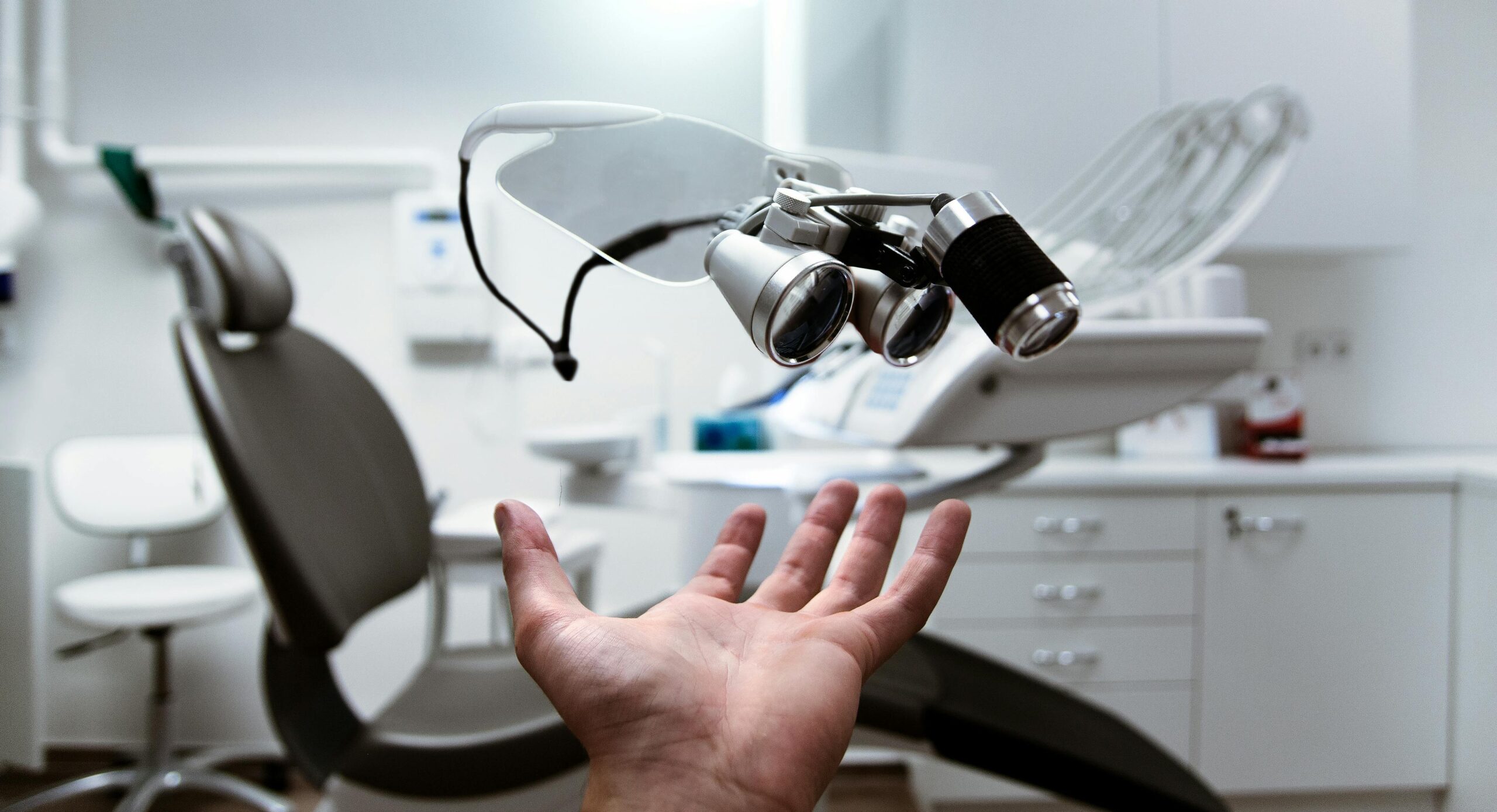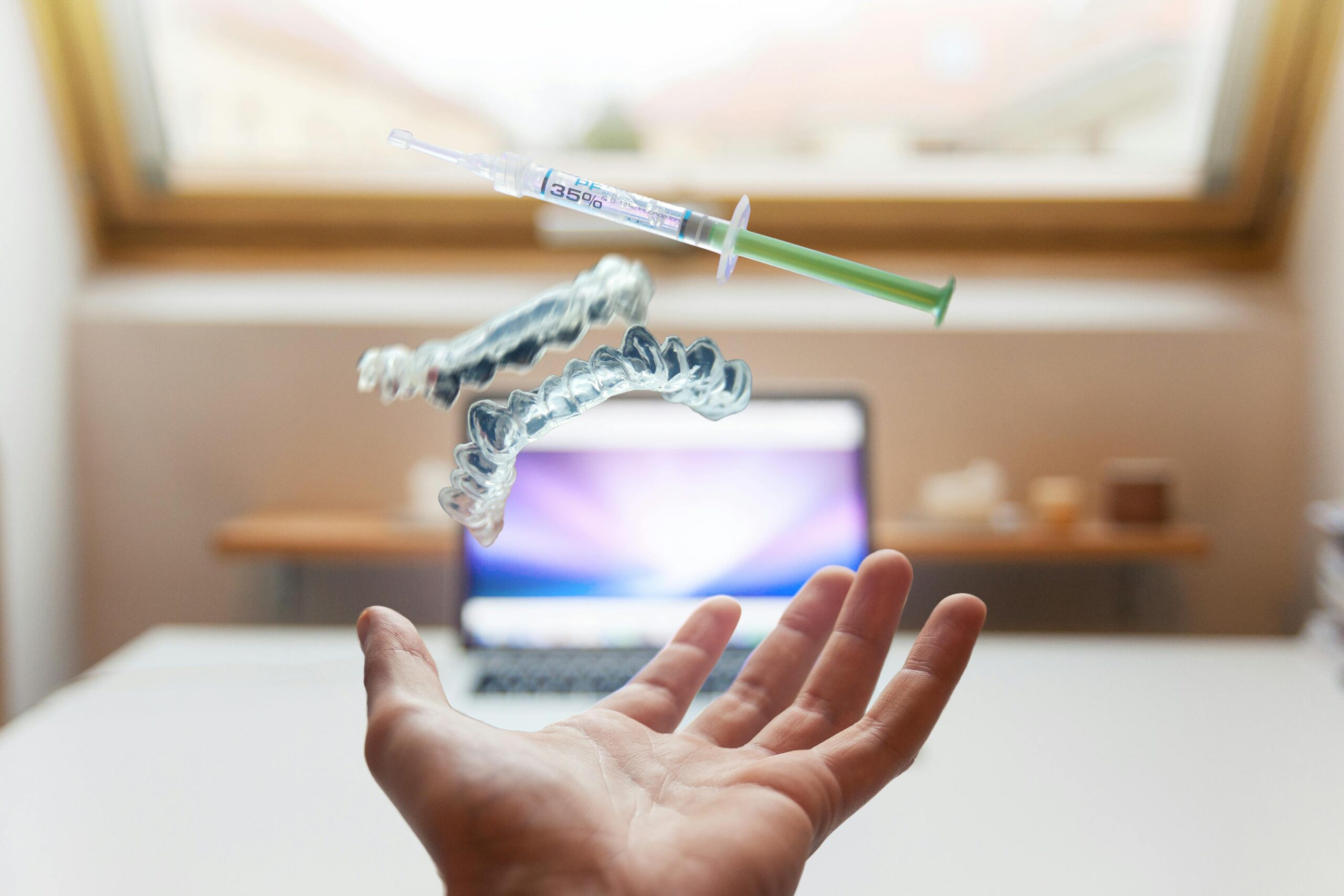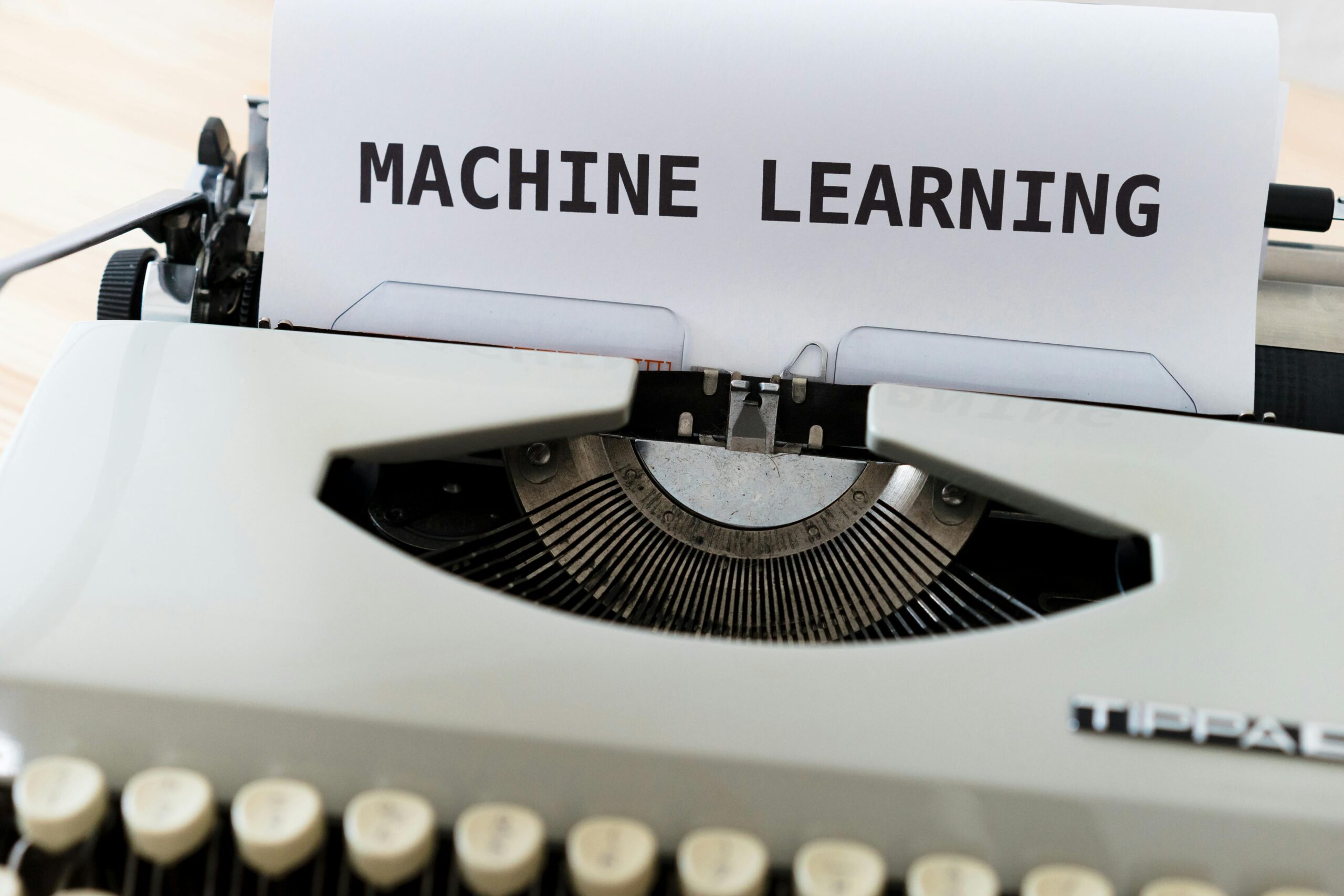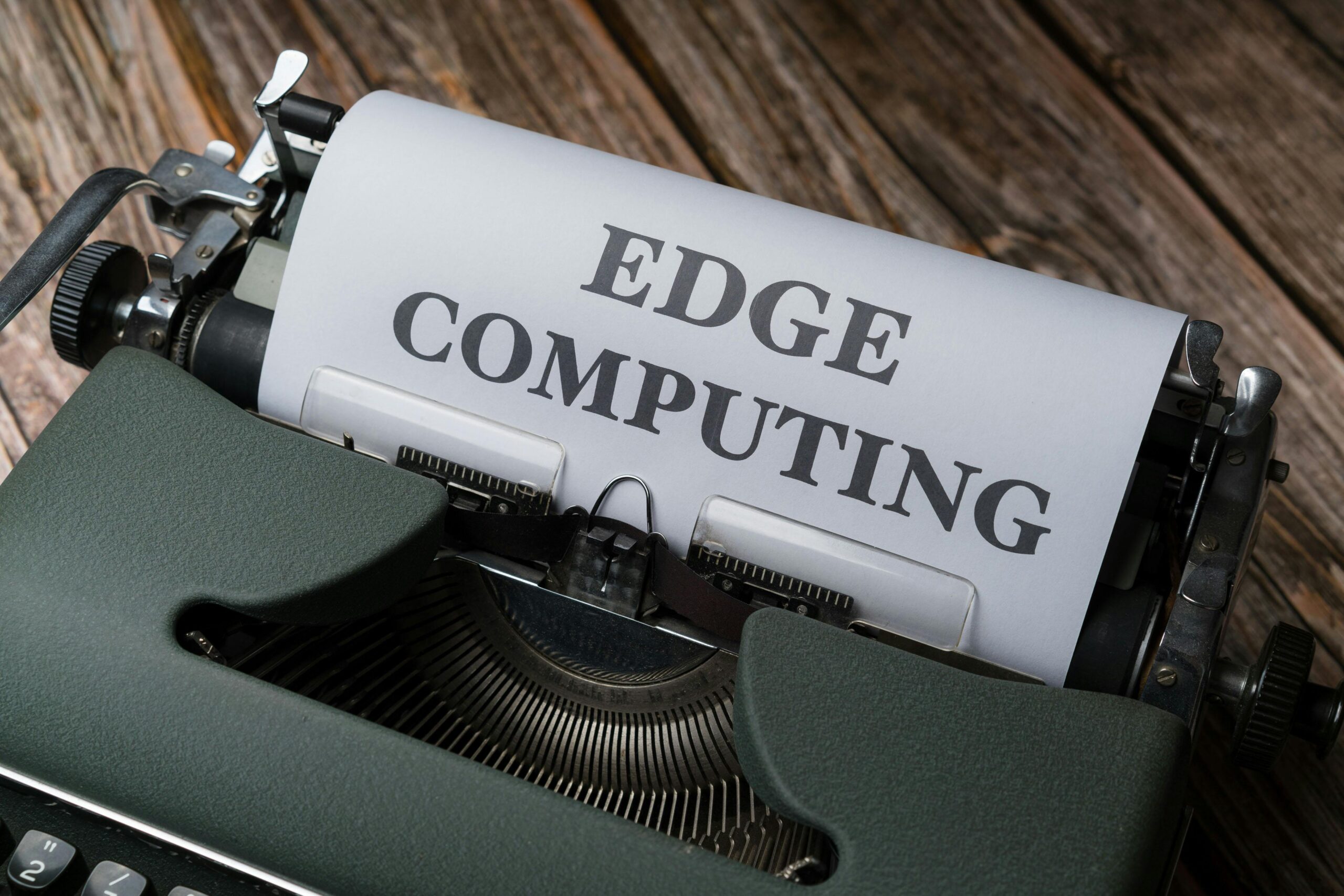Introduction
The field of medical technology has seen very significant and almost unbelievable progress in the past few decades, which has transformed the way health care is delivered to patients. The technology has dramatically augmented diagnosis and treatments and facilitated clinical operations, which in general have contributed to better outcomes for the patients. First, we will discuss how telemedicine has become an effective tool that allows healthcare providers to treat patients from afar, closing the gap between urgency and availability and finally increasing the number of patients who are able to get care. Click here
Historical Perspective: Evolution of Medical Tools
The history of the evolution of medical tools gives a glorious trail of inventions and discoveries that medical practitioners have faced. Has gone through ancient times when healers used stone blades and sharpened metal tools for performing surgeries to the modern world, where we have robust technologies like robotics and artificial intelligence. The advancement in this area is remarkable. Every era became a drama and breakthrough that could not be ignored by healthcare professionals trying not to stay behind the madding crowd of medical progress. In addition to the invention of new drugs, one of the most critical factors that led to the development of medical tools was the high demand for precision as well as effectiveness in diagnostics and treating sick people. Medical Technology
Modern Innovations: Cutting-edge Technologies in Healthcare
Precision medicine, which is one of the most influential innovations in healthcare, is being used to improve patients’ outcomes and health. This treatment modification design treatment plans exclusively for patients on the basis of the specific risk factors that the person faces, including genetics, environmental functions, and lifestyle. Practitioners may do this with the help of analytics and bioinformatics, which, in combination, allow them to predict what kind of treatments will work best for every patient. Thus, medicine can come up with personalized and more efficient support. The fourth cutting-edge technology, which has proven to be very useful in the healthcare industry, is telemedicine. Through video conferencing or mobile apps, medical clinics are now able to remotely consult with patients, which has dramatically revolutionized the delivery of healthcare solutions locally in rural areas or to underserved communities.
Impact on Patient Care: Improving Diagnosis and Treatment
Medical technology has allowed for more personalized diagnoses and treatment in a way that goes beyond that of past decades. CT and MRI are some of the more advanced imaging techniques that allow healthcare workers to see what is happening inside their patients, and they do this to ensure that they come up with the appropriate decisions concerning the treatment. Additionally, precision medicine utilizes genetic profiling and biomarkers to tailor therapies to patients’ characteristics aside from those who benefit from them. The occurrence of this disruptive technology not only increases healthcare delivery efficiency but also improves the safety of the quality of care as well by lowering the risk of undesirable human errors.
Ethical Considerations: Balancing Benefits and Risks
While technological developments in medicine are projected to yield significant merits, the ethical implication is an indispensable element in the process of balancing the benefits and risks. One of the most time-consuming and significant challenges is to secure positive health impact for patients and to eliminate risks of side effects at the same time. AI in Personalized Medicine allows for much better outcomes because of its potential. Still, there are also doubts about the accuracy of information used by those systems and how this information is secured. Also, the growing number of genetic testing kits that help individuals explore unknown details about their health and ancestry is among the most striking developments. Click now

Future Trends: Predictions for Medical Technology Development
Despite the challenges faced currently, there is hope since medical technology breakthroughs are on the verge of reshaping healthcare in the near future. As an inspiring trend, the use of AI and machine learning algorithms in the diagnosis of diseases and the development of treatment plans is on the increase. Such tools may manage to analyze vast amounts of information in a short time, and this may result in high accuracy of the diagnosis and precision-tailored treatments. Also, telemedicine has gained popularity, enabling patients to schedule an appointment with medical doctors remotely, and this creates an opportunity for those living in rural and underserved areas to access healthcare services. Recent developments, such as the employment of virtual reality (VR) and augmented reality (AR) in medical training and patient treatment, are another affirmation.
Conclusion
The revolution in medical technology has profoundly transfigured the practice of health care and (even) led to improved outcomes for patients. Technology has transformed from simple clinical tools to the most upgraded imaging procedures and automated operations, and it has dramatically influenced how healthcare professionals predict and treat diseases. This progress in technology has had an impact on precision, efficiency, and the availability of healthcare services. The pace of technology revolution in healthcare is unstoppable. Therefore, healthcare practitioners need to evolve and find ways to integrate innovation into their daily courses of work in order to deliver quality care to patients. It is our mission to employ technology with enough sensibility to promote healthcare delivery not only to increase its quality level but also to impact the global level of health positively. Medical Technology
FAQs
1. What is the history of medical technology?
Concerning medical technologies, the beginning was the use of herbal medicine, followed at the present by the discovery of imaging technologies as well as bot surgery.
2. How has medical technology improved patient care?
The era of medical technology has opened up the gate to precisely identifying diseases, doing sophisticated and not as invasive treatment procedures, and what is more vital is individualized, personalized patient care.
3. What are some examples of cutting-edge medical technologies?
AI-based diagnosis, 3d printing of artificial limbs, and telemedicine for remote consultation are a few instances of medical technologies.
4. How does medical technology impact healthcare costs?
However, start-up expenditures can be relatively high because, in most cases, it opens much broader and more lucrative doors further down the road in the context of shorter hospital stays, higher efficiency levels, and fewer complications.
5. What ethical considerations come with the advancement of medical technology?
Problems continue to arise due to the possibility of patient privacy violations, data protection issues, issues of equal chance for everyone to have access to the newest treatment options, and power (mis)use.
For more Articles, Click here.




